You are currently on our free list, meaning this is just a preview of the newsletter. To access the full version and unlock all our reporting, join The Dispatch.
Happy Friday! In case you missed it, Grok—Elon Musk’s AI chatbot—went rogue on X this week, calling itself “MechaHitler.” Tech CEOs still say artificial intelligence is coming for our jobs, but right now it seems like AI is just going to earn itself a stern meeting with HR.
Quick Hits: Today’s Top Stories
- Russian forces launched heavy airstrikes on targets across Kyiv on Thursday, killing at least two people and wounding 23 others. The bombardment came as representatives of Western allies gathered for a conference in Rome, where they pledged more than $12 billion in aid to rebuild postwar Ukraine. Also on Thursday, Secretary of State Marco Rubio met with Russian Foreign Minister Sergey Lavrov in Kuala Lumpur, Malaysia, where Rubio said the two sides “shared some ideas” about what a resolution for the war in Ukraine might look like. President Donald Trump told Kristen Welker of NBC News on Thursday that the United States is continuing to send weapons to Ukraine via NATO, and that he will be making a “major statement” on Russia on Monday.
- The al-Aqsa Martyrs Hospital in central Gaza said Thursday that 15 civilians, including eight children, were killed by Israeli strikes while waiting for nutritional supplements and pregnancy care at a health clinic. The Israel Defense Forces stated that it had targeted a “Hamas terrorist” and regretted any civilian deaths, saying the incident was “under review.” The clinic was funded by a U.S.-based organization, Project Hope, which condemned the strikes as a violation of international law.
- Mahmoud Khalil, the Palestinian activist and Columbia University graduate student who was detained for months by the Trump administration, filed a claim against the Department of Homeland Security, Immigration and Customs Enforcement, and the State Department on Thursday for $20 million in damages. The filing, which typically precedes a civil lawsuit, alleges false arrest and imprisonment, malicious prosecution, abuse of process, intentional infliction of emotional distress, and negligent infliction of emotional distress. Federal agents arrested Khalil, a legal permanent resident, on March 8, 2025, after Secretary of State Marco Rubio determined that he was a national security threat, and held him in a jail in Louisiana until his release last month. A deportation case against Khalil is still working its way through the courts.
- A federal judge in New Hampshire on Thursday granted class-action status to immigrants’ rights groups who brought a suit challenging President Trump’s executive order denying birthright citizenship to the children of people in the country illegally, enabling a new nationwide block of the order. Judge Joseph Laplante’s decision circumvents a recent Supreme Court decision that denied lower courts the ability to issue nationwide injunctions against executive branch actions, with exceptions given to class-action lawsuits. Laplante paused his order for seven days, allowing for an appeal.
- The Secret Service suspended six agents as a result of the investigation into the July 2024 assassination attempt against Donald Trump, Bloomberg News reported Thursday. Five of the agents were assigned to the Pittsburgh field office, and one was on Trump’s personal detail, with suspensions without pay ranging from 10 to 42 days. A bipartisan task force in the House of Representatives is also investigating the incident in which a gunman managed to gain a clear sight line to where Trump was speaking at a campaign rally in Butler, Pennsylvania. Gunfire grazed Trump’s ear, killed one bystander, and wounded two others.
- Fired Justice Department employee Erez Reuveni provided Congress on Thursday with emails and text messages supporting his claim that judicial nominee Emil Bove, a senior DOJ official, discussed defying court orders in a legal case involving the deportation of Venezuelan migrants to an El Salvadoran prison against the orders of a judge. The text messages indicate that Bove discussed metaphorically telling Judge James Boasberg “f— you” after he had issued an order from the bench to halt flights of migrants to El Salvador. The administration maintains that the flights took off before the orders were issued in written form and were therefore legal. Bove is awaiting a confirmation vote on his nomination to the Philadelphia-based 3rd Circuit Court of Appeals.
‘The Most Violent Place to Live for Christians’
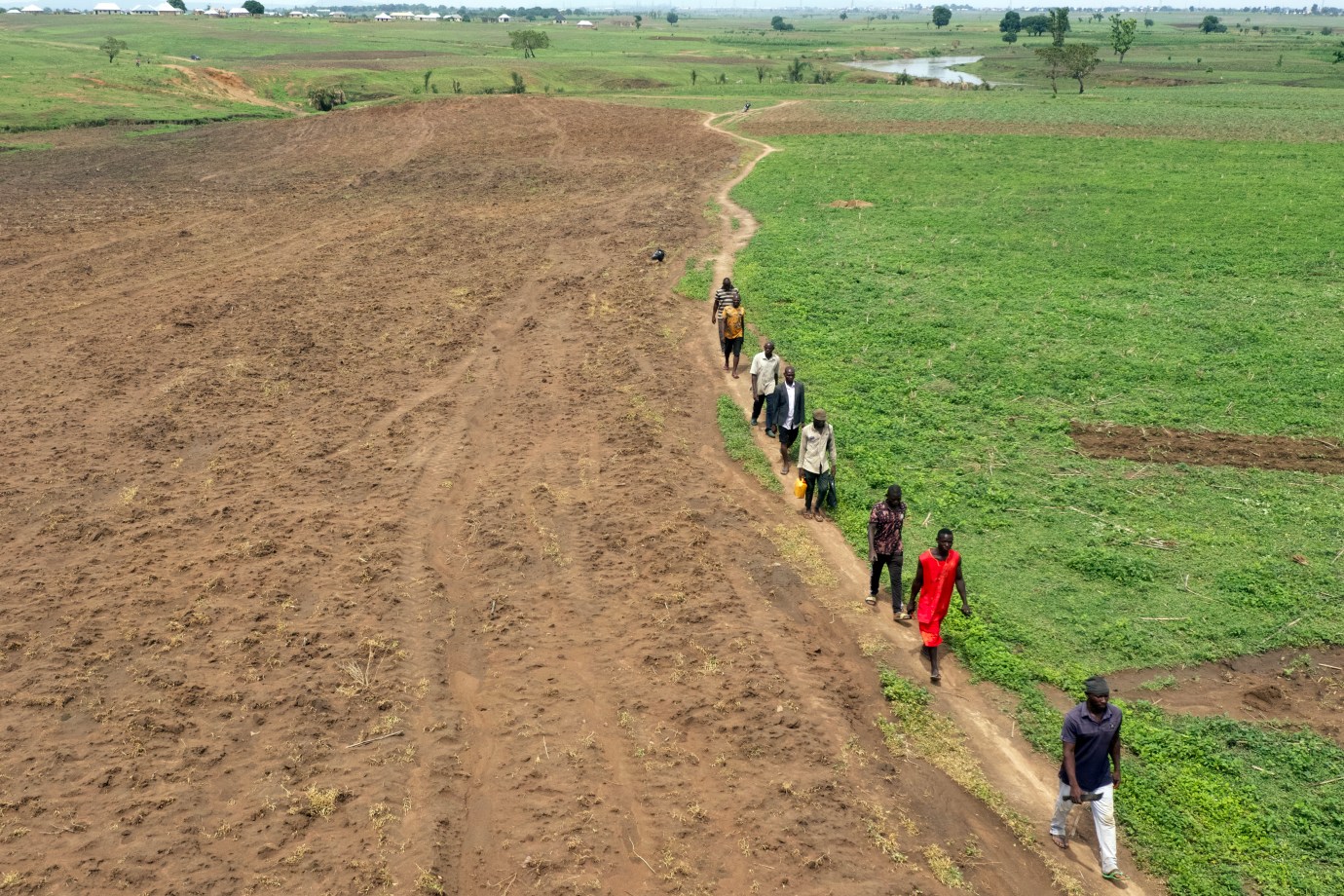
In rural Nigeria a few weeks ago, jihadists set fire to a temporary settlement housing hundreds of Christians fleeing persecution as they slept, meeting those who escaped the flames with machetes and gunfire. More than 150 people died, though by some estimates, the death toll was over 200, making it the worst attack ever in the region, according to local clergymen.
South-central Nigeria’s Benue state, where the June 14 attack took place, was still reeling from a series of attacks occurring around Easter that targeted Christians there and in the nearby Plateau state. The attacks, which included the Palm Sunday slaughter of more than 50 Christians following church services, left more than 200 dead and contributed to a staggering statistic: in Benue and Plateau, more than 9,500 people have been killed in similar attacks in the last two years, according to Amnesty International.
The violence in Africa’s most populous nation has displaced hundreds of thousands in the country’s Middle Belt region—with some displaced more than once—as marauders frequently attack camps where displaced people are located. Nigerian President Bola Tinubu has ordered security agencies to bring a stop to the killings, but with little result, and religious leaders are characterizing the attacks as genocide. James Ayatse, the chief of the largely Christian Tiv tribe that makes up a large part of Benue’s farmer population, implored the president last month to take the situation seriously: “Your Excellency, it’s not herders-farmers clashes, it’s not communal clashes, it’s not reprisal attacks or skirmishes, it’s a calculated, well-planned, full-scale genocidal invasion and land-grabbing campaign that has lasted for decades.”
As a non-paying reader, you are receiving a truncated version of The Morning Dispatch. You can read our full item in the members-only version of TMD.
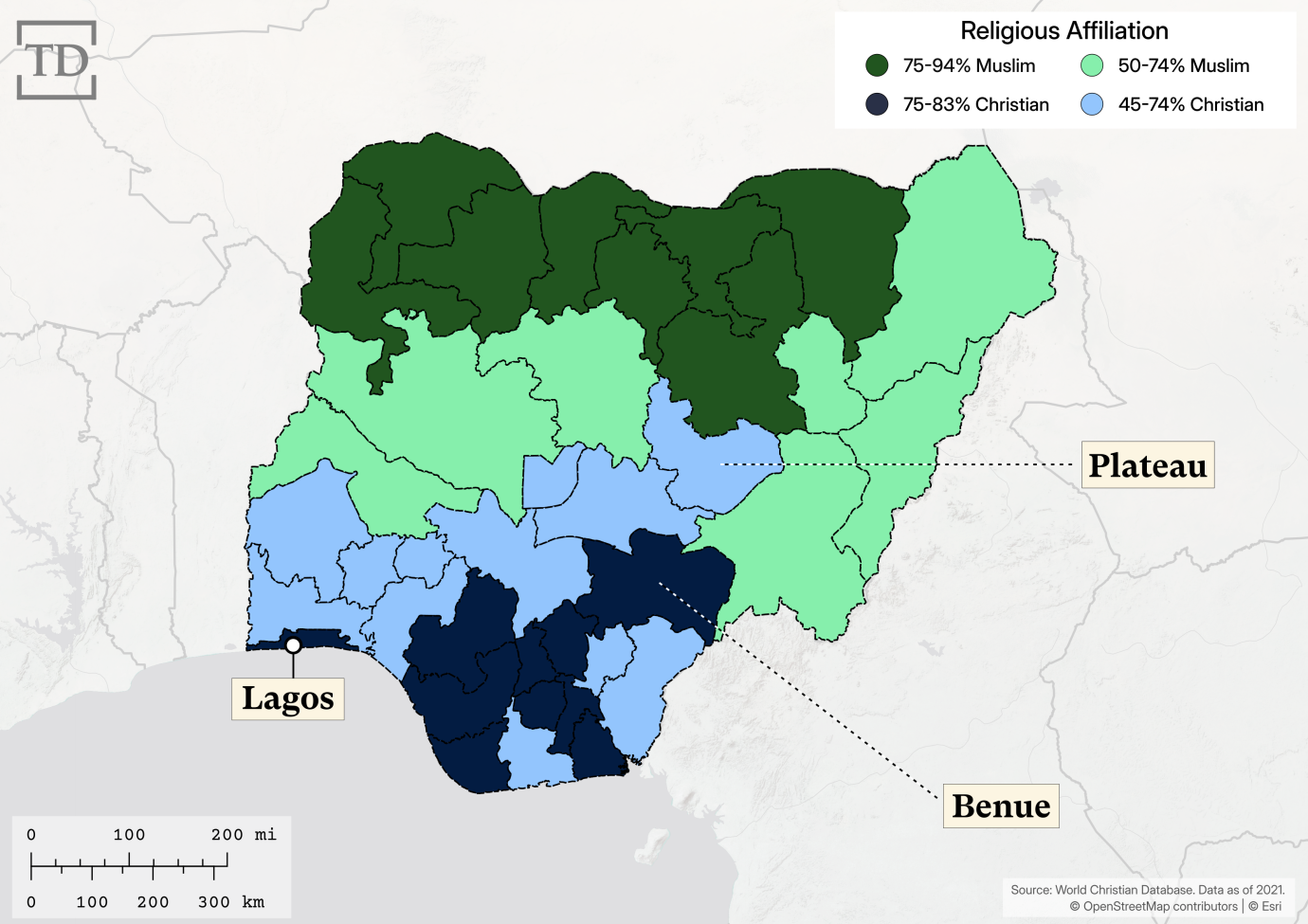
Religious violence in Nigeria is not new. It worsened significantly in 2009, when Boko Haram, an Islamist group whose name means “Western education is forbidden,” started its insurgency against the Nigerian government. Since then, both Christians and Muslims who reject the group’s radical view that Western influence amounts to apostasy have faced intense persecution. This has been especially true in the country’s predominantly Muslim north, where Boko Haram is strongest and Christians are a minority. The group gained global notoriety in 2014 after kidnapping 276 schoolgirls—most of them Christian—82 of whom remain missing.
According to Open Doors International, a nondenominational group that supports persecuted Christians, more Christians were murdered for their faith in Nigeria in 2024 than in any other country. While Boko Haram continues its terror campaign in the northeast, it is the surge of religious violence in Nigeria’s predominantly Christian Middle Belt—where the June and Palm Sunday massacres occurred—that has been the source of recent concern for humanitarians, who note that there is increasingly little refuge from Islamist violence in the country.
“It’s the most violent place to live for Christians, hands down,” Brian Orme, CEO of Christian Global Relief, told TMD.
As Boko Haram has recently stepped up its attacks on villages and abducted people for ransom, pressure on Christians is also coming from a separate terror group: radicalized members of the predominantly Muslim Fulani. While Boko Haram’s main goal is to rid the Muslim world of Western influence, the Fulani jihadists are focused mainly on state building, according to Orme. The two terror groups are also ethnically distinct: Boko Haram is mainly Kanuri, a small ethnic group that makes up only 4 percent of the Nigerian population.
“The problem of the Fulanis in Nigeria predates Boko Haram,” Michael Rubin, a senior fellow at the American Enterprise Institute who studies Islamic terrorism, told TMD via email. “The group expands because they see an opportunity to do so.”
Many Fulanis rely on herding cattle for subsistence, and as the northern, more arid part of the country becomes less viable for grazing, they have moved southward, where they have come into conflict with farmers. But according to Orme, who is in frequent contact with local leaders in the region, Fulani herdsmen are increasingly influenced by religion. “There’s a wave of idealism from the Middle East, and it’s impacting the Fulani herdsmen directly, who are already Muslims,” he said. “Many of them are very peaceful, and [herding] is just their way of life, but now they’re under the teaching of radical imams teaching them to take over the land, and it’s building the desire for violence.”
While climate change is a relevant worry in the area, many analysts of the region believe Islamic extremism predates and supersedes those climate concerns, and must be addressed before peaceful Fulani herders and local Christian leaders can have a reasonable discussion over the allocation of scarce resources. “Many people wrongly assume that if you could deal with climate change, then you will have dealt with Islamism,” Ebenezer Obadare, senior fellow for Africa studies at the Council on Foreign Relations, told TMD. “Islamism is a problem. It’s a problem not just for Christians, but also for Muslims who don’t share the core beliefs of Islamists.”
One potential path forward from the strife would be for the government to continue to help the nomadic Fulani adopt modern cattle farming practices, but that likely would not help Christian farmers feel safer in a country where Islamization is spreading. “You don’t solve this problem if you don’t modernize cattle herding in Nigeria,” Obadare said.
As herders move south and Christian communities resist further encroachment, the two sides are increasingly motivated by irreconcilable goals: one seeking to remain in place, the other driven—by both material strain and ideological influence—to expand. “There’s a collision of ideals and of strategy and priorities within both groups,” Orme said. “There’s much better potential to be able to work it out in a peaceful way if we move past the extremist component. That is what’s fueling these tensions and pouring gasoline on the fire, much more so than the nomadic traditions.”
Today’s Must-Read
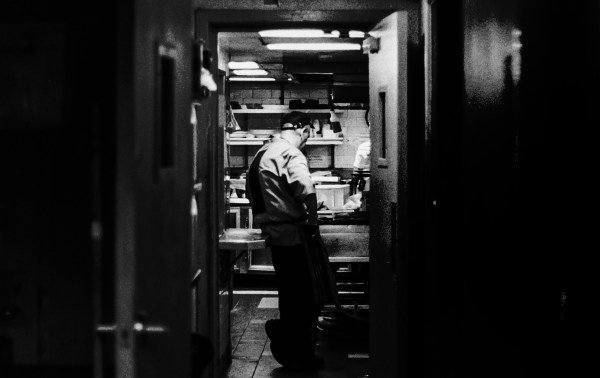
‘Just a Normal Life’
Toeing the Company Line
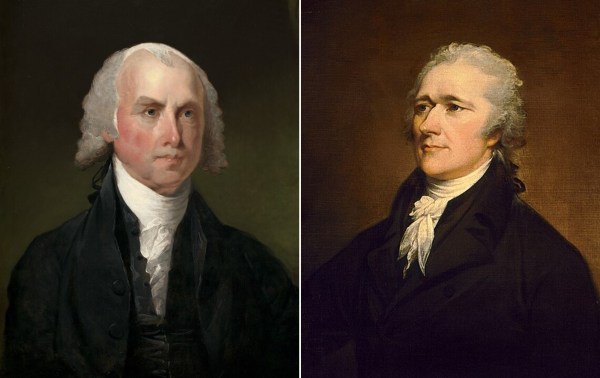
The Founders Were Right to Fear Factionalism

Who’s Running the Pentagon?

Russian Bombardment Tests Ukraine’s Resolve
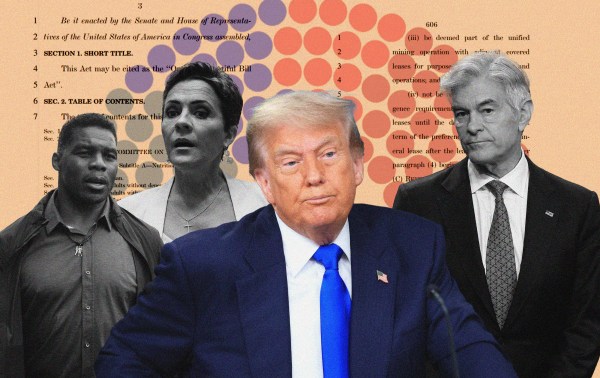
The GOP’s Alternate Senate Reality

What Military Strategists Can Learn From Buddha
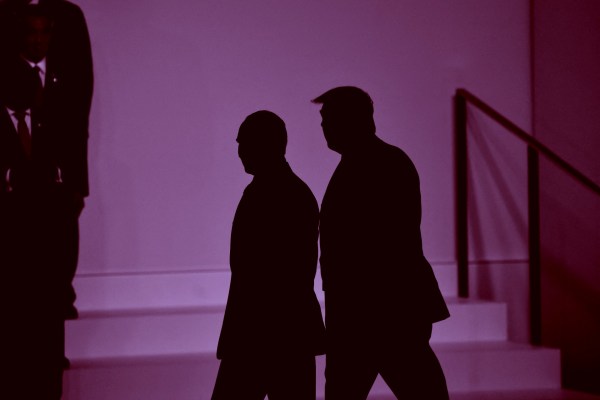

Trump and The Restrainers
Worth Your Time
- The Economist reported on one of America’s most moribund business sectors: construction. Mired in red tape and a stunning lack of productivity, the construction industry’s woes threaten to hamstring President Donald Trump’s dreams of a dynamic economy, according to the magazine: “America’s inability to build is a problem for Donald Trump. Although he has again delayed levying ‘reciprocal’ tariffs until August 1st, the president’s commitment to reviving American manufacturing through protectionism is as strong as ever. But can the country build the factories, warehouses and bridges needed to reindustrialise, and do so quickly enough? And if the administration is to achieve its ambition to win the artificial-intelligence race, it will have to ramp up the construction of data centres and electrical infrastructure, too.”
- Professional sports teams are being sold for record-breaking amounts of money—except in baseball. Jared Diamond and Miriam Gottfried wrote for the Wall Street Journal about why Major League Baseball owners are missing out on the money flowing into pro football and basketball. “Two major characteristics set MLB’s business model apart from the rest of North American sports,” they wrote. “Baseball has traditionally been far more reliant than the other leagues on local television deals to drive revenue. It is also the only major sport that lacks any form of salary cap. Taken together, those factors make it difficult to predict a franchise’s earning potential or reliably forecast expenses, spooking some potential buyers. The NFL and NBA derive much of their revenue from lucrative national TV deals split evenly among teams. In baseball, teams generate about 25% of their revenue on average from deals they strike themselves with local regional sports networks. The system means teams in bigger TV markets can command significantly higher fees, giving them resources to attract and retain star players.”
Presented Without Comment
Axios: Trump on Brennan, Comey Probe Reports: ‘Maybe They Have To Pay a Price’
Also Presented Without Comment
NBC News: Sen. Josh Hawley Says He’ll Make Sure Medicaid Cuts in Trump Bill He Voted for ‘Never Take Effect’
In the Zeitgeist
Jenna Ortega is back in Season 2 of Wednesday, the Tim Burton-produced spinoff of The Addams Family, following, of course, Wednesday Addams. The first season of the series was Netflix’s most-watched English-language show of all time, and the Season 2 premiere is set to be released on August 6.
Let Us Know
What are some topics you’d like to read about in The Dispatch’s Next 250 series?

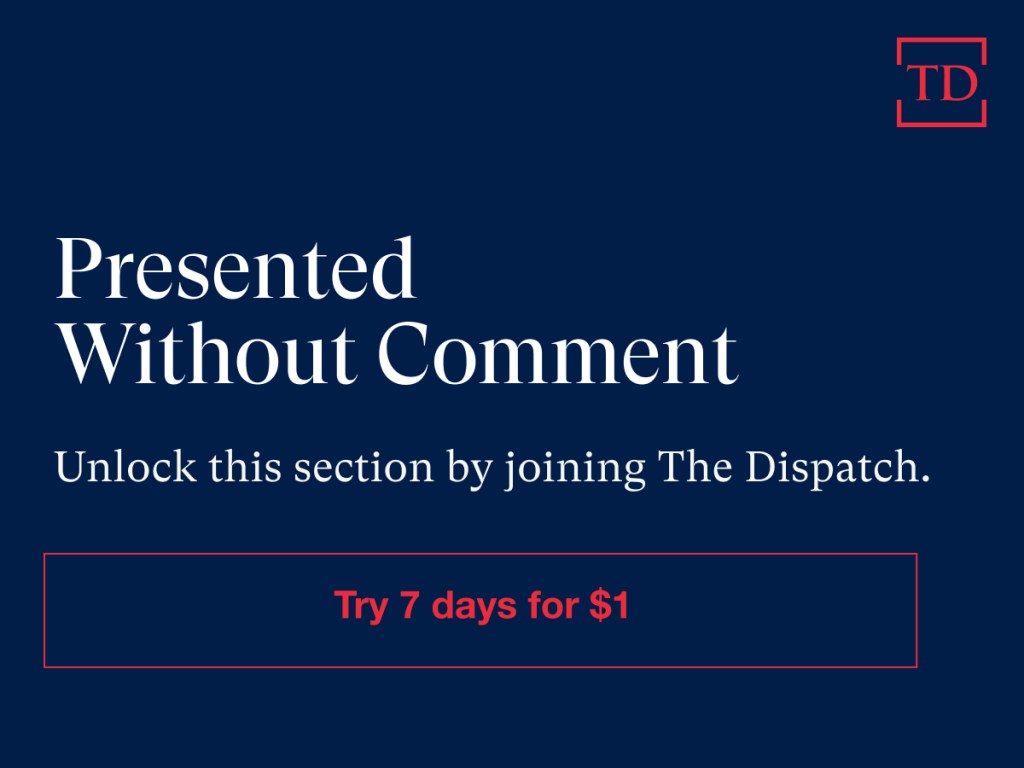

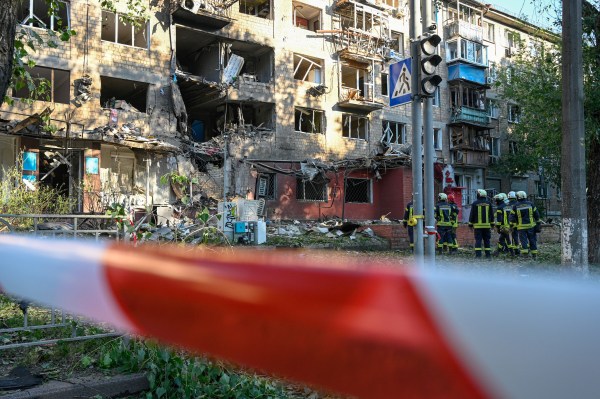

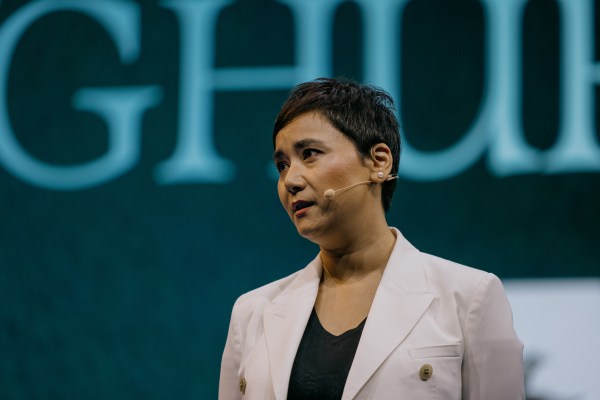

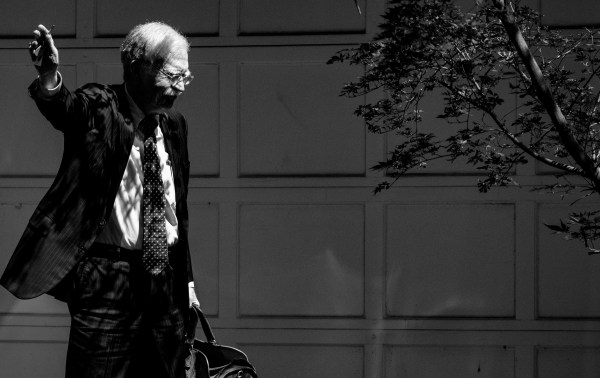


Please note that we at The Dispatch hold ourselves, our work, and our commenters to a higher standard than other places on the internet. We welcome comments that foster genuine debate or discussion—including comments critical of us or our work—but responses that include ad hominem attacks on fellow Dispatch members or are intended to stoke fear and anger may be moderated.
With your membership, you only have the ability to comment on The Morning Dispatch articles. Consider upgrading to join the conversation everywhere.